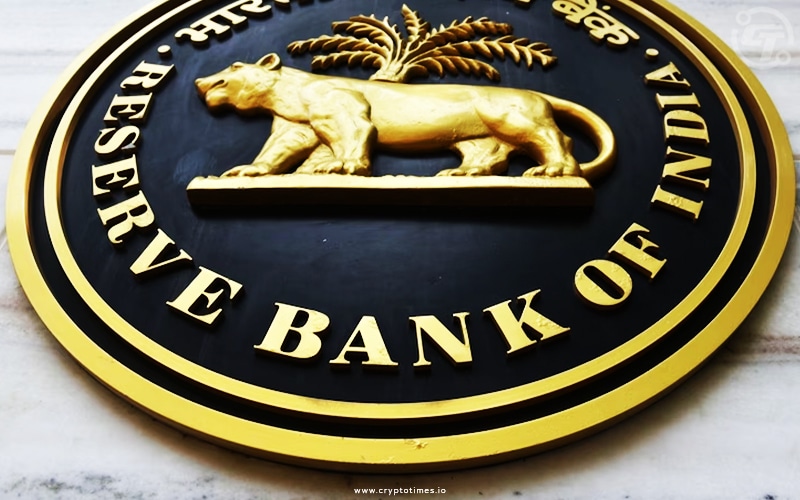The Reserve Bank of India (RBI) announced its latest policy measures regarding the development and regulation of financial markets, payment systems, and fintech in India. The statement includes plans for the distribution of a central bank digital currency (CBDC) through non-bank payment system operators, aiming to broaden access and test the resilience of the CBDC platform.
CBDC pilots are currently underway in both the retail and wholesale segments, involving more banks and exploring various use cases. The RBI intends to extend CBDC access to a wider user base by allowing non-bank payment system operators to offer CBDC wallets, thus enhancing accessibility and diversifying user choices.
The Indian central bank initiated its digital rupee pilot for the wholesale segment in November 2022, followed by a retail segment pilot the following month. Meanwhile, India’s stance on crypto regulation remains undecided.
Deputy Governor T Rabi Sankar provided an update on transaction volume during a subsequent press conference. Initially reaching one million transactions in late December, attributed to interoperability with UPI, India’s instant payment system, volumes have since slowed.
The cumulative transactions now exceed 22 million since the pilot’s inception in December 2022. Additionally, there are 4.6 million consumers and 400,000 merchants onboarded.
While Finance Minister Nirmala Sitharaman emphasized that crypto assets cannot be considered currencies and are yet to be regulated, RBI Governor Shaktikanta Das expressed concerns about cryptocurrencies posing threats to India’s financial stability, the rupee, and the monetary system.
Despite this uncertainty, India has raised the issue of regulating crypto assets with the G20, and Sitharaman anticipates the emergence of a regulatory framework in the future.
Also Read: India’s SEBI Urges Instant Settlement to Compete with Crypto







